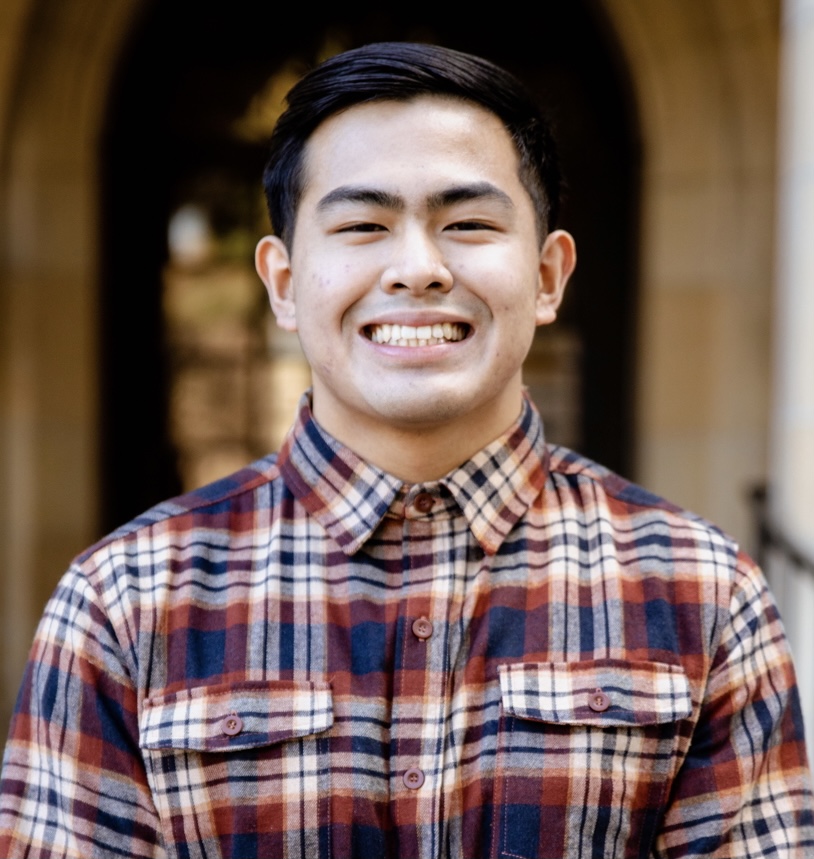
By EJ Panaligan
July 13, 2020 1:55 p.m.
Panaligan is a senior staffer for the Arts and Entertainment and Opinion sections. He was previously the Opinion editor in 2020-21, and created the "Columns From Quarantine" Opinion column series. For the Arts and Entertainment section, he regularly contributes features, columns, reviews and Q&As to the Music | Fine Arts beat. He also co-created the "Life and Hip-Hop" Arts column series. He is from Carson, California but unabashedly dreams of a professional life in New York City.
Panaligan is a senior staffer for the Arts and Entertainment and Opinion sections. He was previously the Opinion editor in 2020-21, and created the "Columns From Quarantine" Opinion column series. For the Arts and Entertainment section, he regularly contributes features, columns, reviews and Q&As to the Music | Fine Arts beat. He also co-created the "Life and Hip-Hop" Arts column series. He is from Carson, California but unabashedly dreams of a professional life in New York City.
COMMENTS
